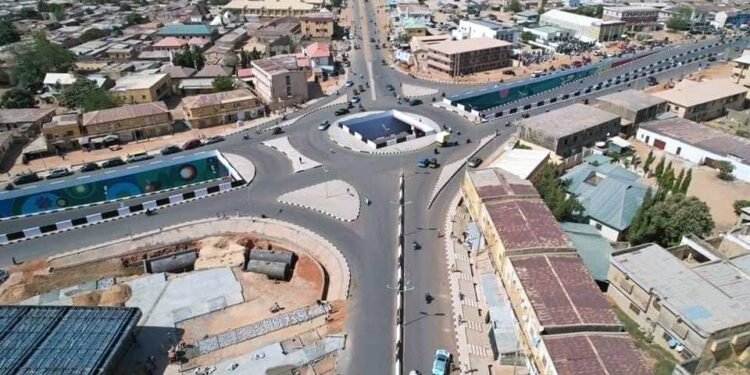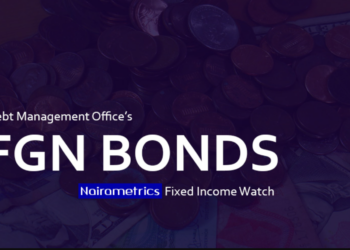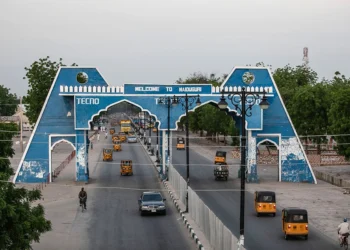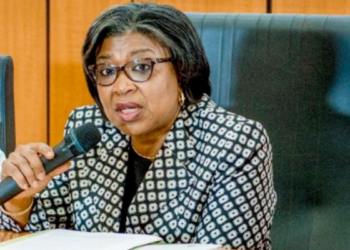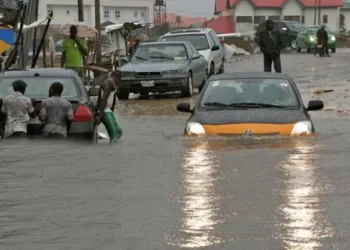Nigeria’s ten least indebted states owed a combined total of N191.8 billion in domestic debts in Q1 2025, according to the Debt Management Office (DMO).
This represents 4.96% of the country’s total sub-national debt during the quarter.
In the period under review, Jigawa emerged as the state with the lowest sub-national debt in the federation.
On a year-on-year basis, sub-national debt among these states declined by 4.91%, from N4.07 trillion in Q1 2024 to N3.87 trillion in Q1 2025. States such as Anambra, Borno, and Kaduna also recorded reductions in their debt profiles over the same period.
The latest DMO report highlights a reshuffling in Nigeria’s sub-national debt landscape, influenced by fiscal constraints, infrastructure development ambitions, shifts in oil revenue, and tighter federal allocations.
This analysis examines the debt trends of the top 10 least indebted states.

The Katsina state domestic debt stock reduced from N38.06 billion in Q1 2024 to N23.3 billion in Q1 2025. This represents a 38.77% year-on-year decrease.
The state, in recent months, has used a significant amount of its budget for debt servicing. According to the Katsina State Commissioner for Budget and Economic Planning, Bello Kagara, the sum of N20.4 billion was allocated for debt servicing in the 2025 budget of N628.2 billion.
The 2025 budget comprises recurrent expenditure of N157.97 billion, broken down as follows: personnel cost and salaries, N51.69 billion, and pension and gratuity, N15.42 billion.
Also, the state’s IGR has increased in recent months. The state’s IGR increased from N700 million to N1.856 billion in July, according to the Executive Chairman of the state’s Internal Revenue Service, Alhaji Isyaku Mohammed.
This is largely due to the introduction of the central billing, which was aimed at addressing leakage in revenue collection.
While there has been no evidence of the state requesting fresh loans, the Governor Dikko Radda-led government has been repaying subsisting loans.

